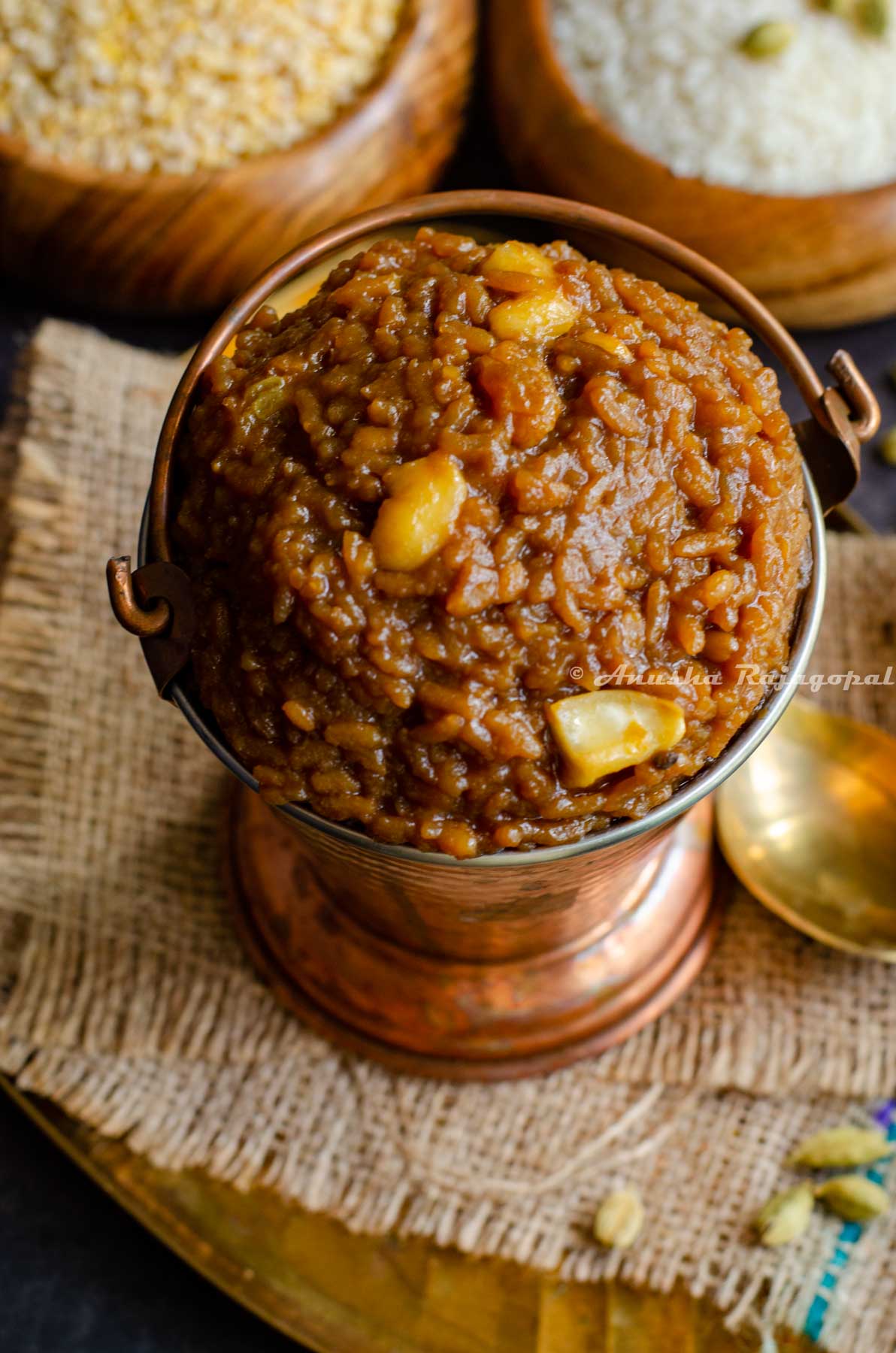“The thing I absolutely love about food is it’s a common thread that connects us no matter what culture we come from.”
— Poh Ling Yeow

Tailgates, parties, rituals, late night snacks, movie theater meals, romantic dinners, birthday parties and more are all examples of how food shows up in American culture. What about the rest of the world? How does food play a vital role in the cultures all around the world?
So, what role does food play in culture? Food is tied to culture in many ways; from ingredients, to preparation methods, to methods of consuming. Not only that, but there is a strong tie to one’s ancestry based on the types of food that they eat, and how the food is prepared.
For example, in India, food plays a vital role in it’s society. Not only that, but the food culture follows a cyclical pattern that depends on the season. A person who eats authentic Indian food might find themselves eating mangoes and greens in the summer, but root vegetables in the winter.
Food is also important to the religious festivals in India. From feasting to religious offerings to deities, food is significant in Indian culture. Asianstudies.org states ” The south Indian Harvest festival of Pongal in February is accompanied by a feast of harvested rice cooked with lentils in three different dishes, shakkarai pongal (Tamil-sweet), ven pongal (Tamil-savory), and akkara vadashal (Tamil-milk), accompanied by a stew of nine different winter vegetables and beans, offered first to tutelary deities and then consumed as consecrated food. Temples, especially those dedicated to the Hindu God Vishnu, have a long history of developed culinary traditions and food- offering aesthetics. The Krishna Temple in the south Indian temple town of Udupi is known throughout India for the distribution of free seasonal meals to thousands of devotees. Other temples are known for offerings of certain sweets or savories of that region or enormous and detailed menus of offerings from the land.”

There aren’t enough words to describe the whole significance of food in Indian Culture – or any other cultures for that matter. Food is crucial to cultures in more ways than just consuming it. It is part of religious festivals, geographical locations, ancestral lineages, and more.
Another example of a food in culture can be seen in Judaism. The term “kosher” comes from the specific ways that food can be prepared according to traditional Jewish Law.
These laws refer to the preparation and the foods that people consume. These laws are collectively known as kashrut, and dictate what foods can be consumed, and how those foods are to be prepared for consumption.
Under Jewish Law, foods can be put into three categories: Meat, Dairy, and Pareve (any food that is not meat or dairy, including fish, eggs, and plant based foods.)
Traditionally strict members of Judaism cannot consume meat alongside dairy, have to wait a specified amount of time between consuming the two, and have to have the food that they do consume prepared according to kosher guidelines

In my opinion, food is one of the most crucial parts of one’s culture – and is often judged or overlooked simply because it is different. It is okay to dislike a food, but it is not okay to disrespect food because of it’s culture. Or disrespect a culture because of it’s food. You may not understand the importance of that food, but to someone else, it could be sacred. It could represent their heritage and lineage and their family. It is not your place to say whose food is better, or if someone’s food is more influential than another’s. Lastly, it is important to keep your mind open, and allow yourself to be immersed in other cultures – so, if you gather nothing else; Dig in!
If you’d like to learn more about Kosher Foods

Hey Morgan, great post! I think if I were someone looking in on my family, then they possibly might be able to tell I’m Norwegian based on some of the food we eat and depending on the time of year. Generally around the holidays and with family is when we eat our most Norwegian foods. Besides the topic your blog was about, the format to your blog is probably one of the best in class. The calendar, the pictures, and the information all do a great part in putting together a great blog.
LikeLike